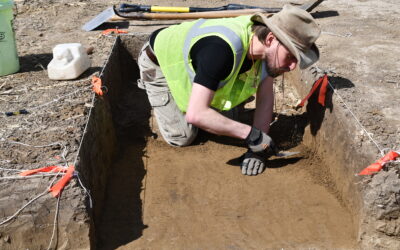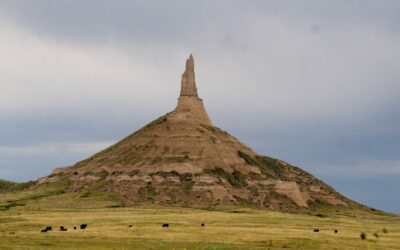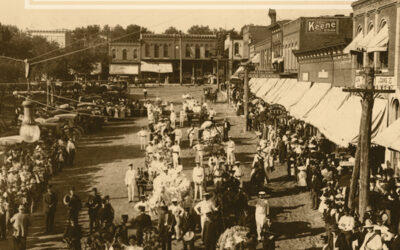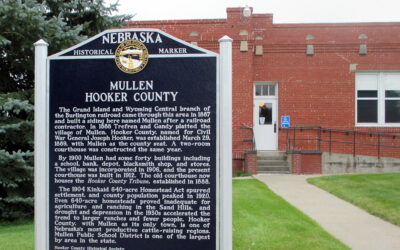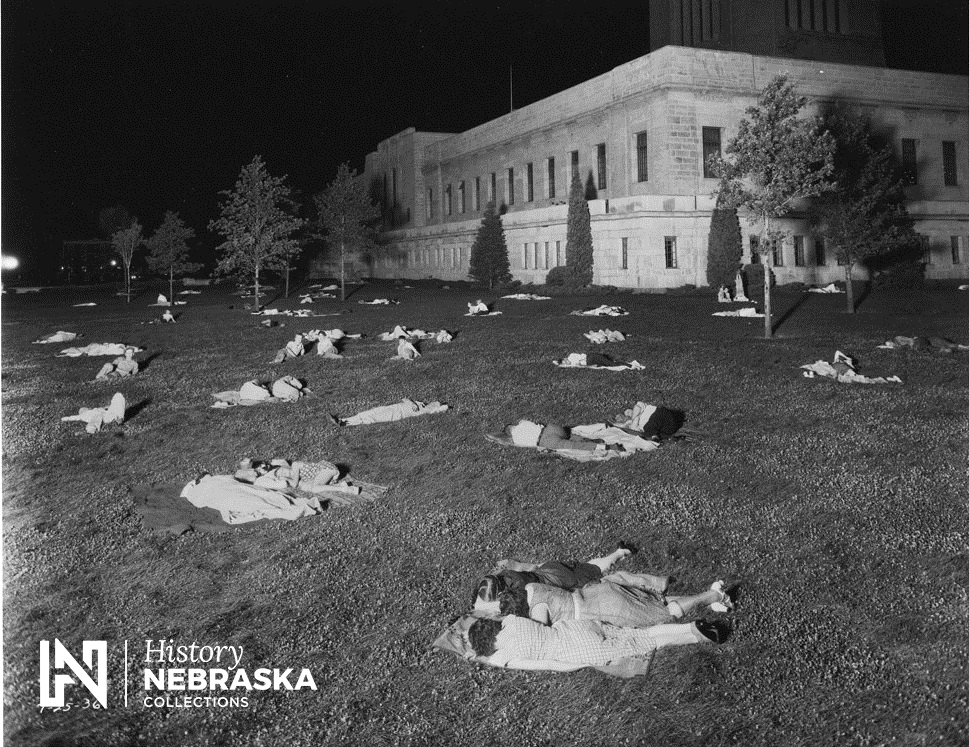
The lawn of the Nebraska State Capitol provided a resting place for Lincoln residents trying to escape the heat in July 1936. RG2183-725 (above).
During the Great Depression Nebraskans became accustomed to living under trying conditions. People had to cope not only with hard economic times but with the intense heat accompanied by a drought that plagued this state and much of the rest of the country.
The relentless heat was hard on everyone who suffered through the summer of 1936. The heatwave started in late June when temperatures across the United States exceeded 100 degrees. Temperatures reached record levels in July.
On July 25, 1936, the Lincoln Journal Star’s banner headline said it all: “Mercury 114; Breaks Record Here.” The Star reported: “The merciless heat followed the hottest night in all Lincoln history. The lowest temperature of the dark hours was 91.”
Many people suffered from heatstroke and heat exhaustion, particularly the elderly. In the era before air-conditioning and public swimming pools, most people could rely only on fans and blocks of ice for some degree of cooling. Some could swim in lakes and rivers, and cities opened fire hydrants. Many slept outdoors.
The photo above, from the MacDonald Studio Collection at History Nebraska, depicts residents of Lincoln sleeping on the lawn of the Nebraska State Capitol to escape the heat. The summer of 1936 was the hottest and driest ever recorded. The heat wave and drought largely ended in September, though fields and lawns remained parched. – Patricia C. Gaster, Assistant Editor/Publications

